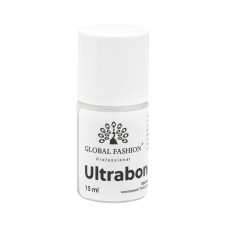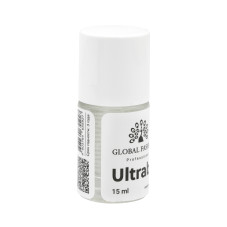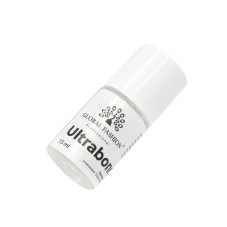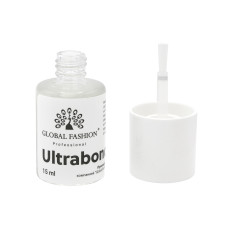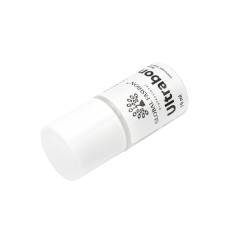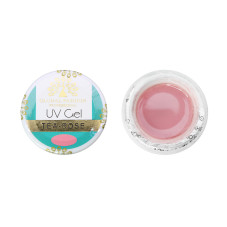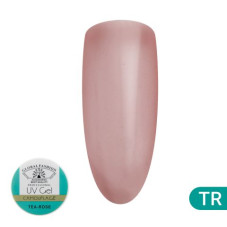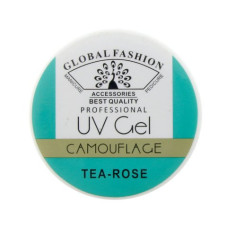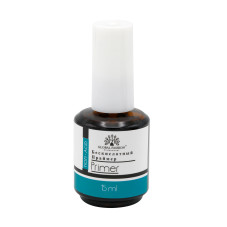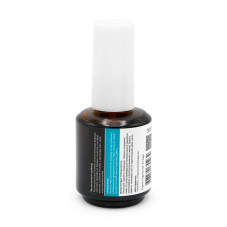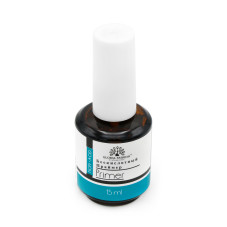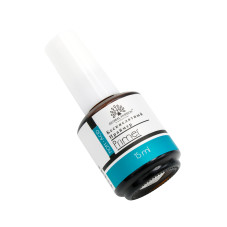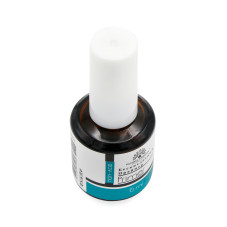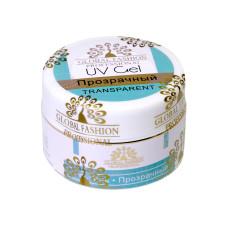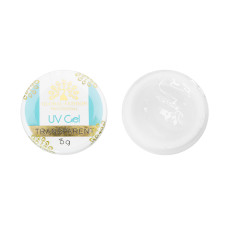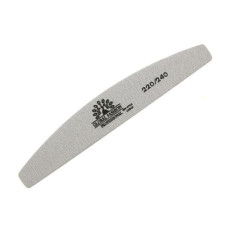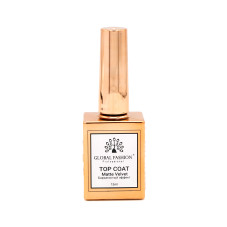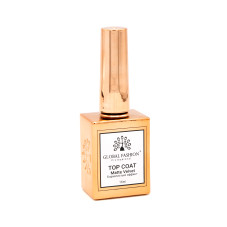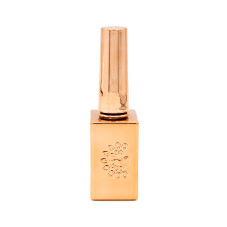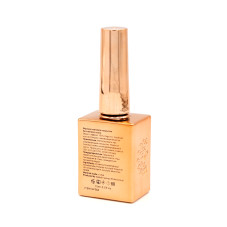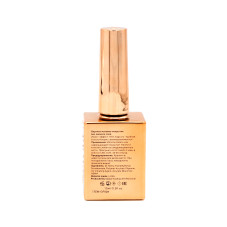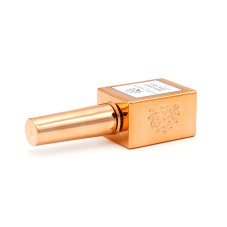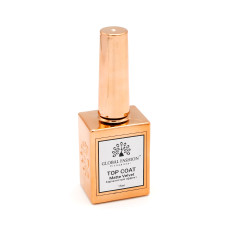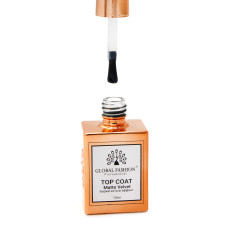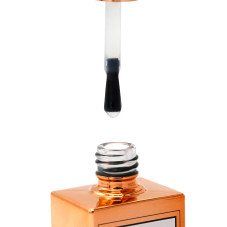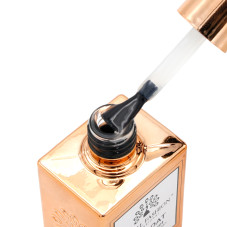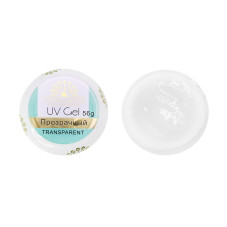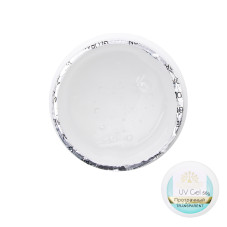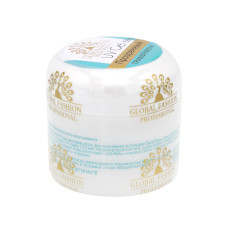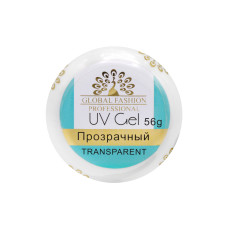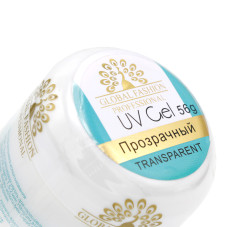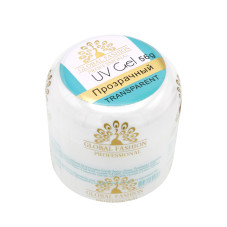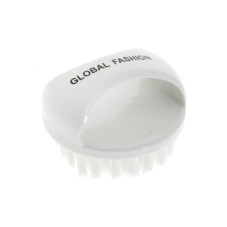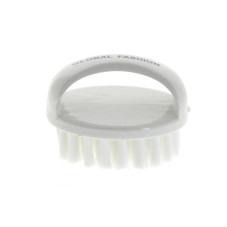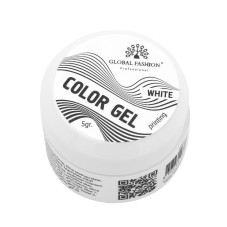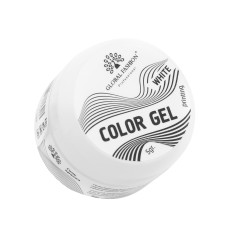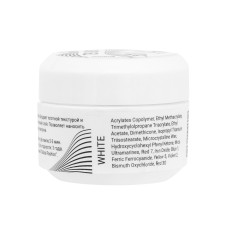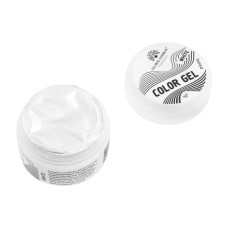How to Make Your Hair Shiny with Vitamin C: Tips for Use

In the world of beauty, vitamin C is valued not only for its health benefits for the body but also for its ability to give the skin a radiant, healthy, and fresh appearance. What’s surprising is that its beneficial properties are not limited to the face and body. As a powerful antioxidant and natural collagen booster, vitamin C is also excellent for hair and scalp care.
It stimulates the growth of new hair, making it stronger and shinier. So next time you choose hair care products, it’s worth paying special attention to it.
In our article, you’ll learn how vitamin C can strengthen your hair and make it healthier, as well as simple ways to incorporate it into your regular hair care routine.
What is vitamin C?
Vitamin C, or ascorbic acid, is a water-soluble nutrient essential for the normal functioning of the human body. It is widely found in many fruits and vegetables, such as citrus fruits, strawberries, cantaloupe, green peppers, guava, potatoes, tomatoes, broccoli, and leafy greens, and is also available in the form of dietary supplements.

In skincare, vitamin C is valued for its ability to brighten dull complexions and stimulate collagen production. As one of the most powerful antioxidants, it protects the skin from photoaging and has pronounced anti-aging effects. Vitamin C is most commonly used in the form of serums or moisturizers to improve skin firmness and give it a healthy glow.
Helpful Information About Vitamin C
Vitamin C for Hair
Main benefits: Protects against damage caused by free radicals, stimulates collagen production, and gives skin or hair a radiant, healthy shine.
Who it’s suitable for: Vitamin C is beneficial for all hair types, but it is especially recommended for dull and brittle hair that needs extra strengthening and shine.
How often it can be used: As a topical product, the frequency of use depends on the specific formula, though many can be used 2–3 times per week. As a dietary supplement, vitamin C can be taken daily, but the optimal dosage should always be agreed upon with a doctor before starting a course.
Combines well with other actives: Vitamin C can be combined with vitamin E, niacinamide, moisturizing ingredients, and caffeine, enhancing their effectiveness and benefits for the skin.
Avoid using with: Products that alter the pH of the skin or hair — for example, formulas with AHA, BHA, or alkaline components.
The Role of Vitamin C in Hair Care
When applied to the scalp, vitamin C can provide benefits similar to those it offers for facial skin. Vitamin C acts as an antioxidant, neutralizing damage caused by free radicals, which helps maintain scalp health. It neutralizes reactive oxygen species that form throughout the day as a result of normal metabolism and UV exposure. Free radicals can damage cellular structures such as DNA, lipids, and proteins.
Additionally, vitamin C promotes collagen production in the scalp and hair, which may strengthen hair and support overall hair health.
- Neutralizes free radical damage: Its antioxidant properties help maintain scalp health. Vitamin C is effective both when applied topically and taken orally.
- Strengthens hair: Vitamin C is known as an effective stimulator of collagen production — a protein that plays a key role in hair strength and health. By boosting collagen production, vitamin C helps reinforce hair and maintain its overall health.
- Adds shine: Vitamin C helps hair appear shinier and healthier. It also supports scalp health, which positively affects the overall condition and appearance of hair.
- Strengthens hair: Vitamin C is known as an effective stimulator of collagen production — a protein that plays a key role in hair strength and health. By boosting collagen production, vitamin C helps reinforce hair and maintain its overall health.
- Adds shine: Vitamin C helps hair appear shinier and healthier. It also supports scalp health, which positively affects the overall condition and appearance of hair.
- Prevents hair loss: Vitamin C may interact with DHT — a hormone that contributes to hair loss. DHT causes miniaturization and shrinkage of hair follicles, and vitamin C can reduce its formation. Studies suggest that vitamin C may inhibit DHT activity, making it a potentially useful agent for preventing hair loss.
- It promotes the growth of new hair: It stimulates collagen production, which positively affects hair growth. Vitamin C also supports hair health by reducing the formation of DHT, a substance that can slow down hair growth.
Hair Type Considerations
Vitamin C is safe for all hair types, although it may be particularly beneficial for certain kinds of hair. It is especially effective for colored or damaged hair due to its ability to stimulate collagen production. However, people with dry hair should exercise caution: some vitamin C products can strip too much natural oil, increasing dryness.
Despite the universal benefits of vitamin C, it is recommended to consult a doctor beforehand to determine the underlying cause of hair issues.
Possible Side Effects
Although rare, allergic reactions to vitamin C are possible. Moreover, even if a person is not allergic to vitamin C itself, other ingredients in a vitamin C hair product may cause irritation. If you are allergic to any ingredient in the hair product, it should be avoided. People with sensitive skin are advised to first apply the product to a small area on the inner arm and observe the reaction for a few days before using it on the scalp.
If you notice side effects such as redness, irritation, rash, itching, tingling, or breakouts, stop using the product immediately and consult a dermatologist.
How to use vitamin C for hair
Oral intake and topical application of vitamin C offer numerous benefits. Vitamin C is an essential supplement for maintaining overall health, but unlike most animals, humans cannot synthesize vitamin C due to the absence of a specific enzyme. This means we must obtain vitamin C from food, such as citrus fruits, or from supplements to meet the body's needs.
When it comes to using vitamin C for hair, topical application is the most effective, as it directly targets the scalp and hair follicles. Experts recommend using specially formulated products that contain vitamin C and are designed specifically for hair and scalp care. Products intended for the face may contain ingredients that are harmful to hair or may be too heavy in texture. It is advisable to carefully read the instructions for any product you use and follow them strictly: excessive use can cause irritation of the scalp or hair, while insufficient application may not deliver the desired results.
Summary
Vitamin C, found in a variety of fruits and vegetables, is not only essential for the body’s normal functioning but is also actively used in hair care. When applied topically to the hair and scalp, vitamin C provides numerous benefits: it neutralizes damage caused by free radicals, strengthens hair, adds shine, reduces hair loss, and stimulates growth.
Vitamin C is safe for all hair types and is available both as a dietary supplement and as an ingredient in cosmetic products such as serums, oils, and masks. Allergic reactions to vitamin C are extremely rare, but if redness, irritation, inflammation, rash, or a burning sensation occurs, use of the product should be discontinued and a certified dermatologist should be consulted.
FAQ
What beneficial effects does vitamin C have on hair?
Vitamin C acts as an antioxidant, helping to neutralize damage caused by free radicals, which contributes to maintaining scalp health and stimulates collagen production in the scalp and hair.
For which hair types is vitamin C especially effective?
Vitamin C is particularly beneficial for people with colored or damaged hair, as it helps stimulate collagen production and supports overall hair health.
Vitamin C is particularly beneficial for people with colored or damaged hair, as it helps stimulate collagen production and supports overall hair health.
Does vitamin C treat hair loss or stimulate hair growth?
Research shows that vitamin C can suppress DHT — a hormone that contributes to hair loss — and therefore may help in preserving hair.
Research shows that vitamin C can suppress DHT — a hormone that contributes to hair loss — and therefore may help in preserving hair.
Published: 09.09.2025 13:39
Times Read: 983


